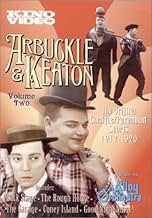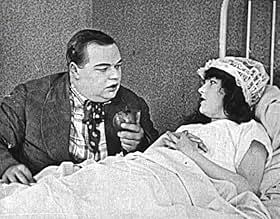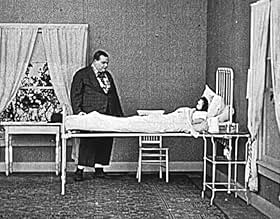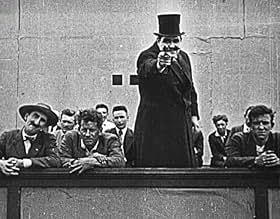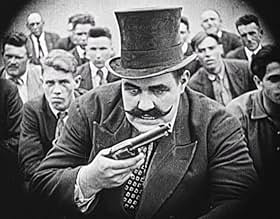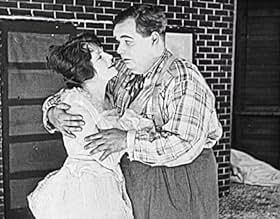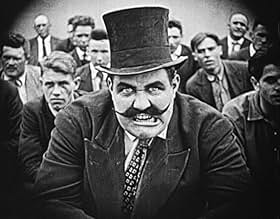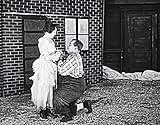Working their fingers to the bone to prepare the set for an upcoming performance, the enthusiastic stagehands, Roscoe and Buster, find themselves on stage when the cast quits. However, is wi... Read allWorking their fingers to the bone to prepare the set for an upcoming performance, the enthusiastic stagehands, Roscoe and Buster, find themselves on stage when the cast quits. However, is will alone enough to earn a big round of applause?Working their fingers to the bone to prepare the set for an upcoming performance, the enthusiastic stagehands, Roscoe and Buster, find themselves on stage when the cast quits. However, is will alone enough to earn a big round of applause?

